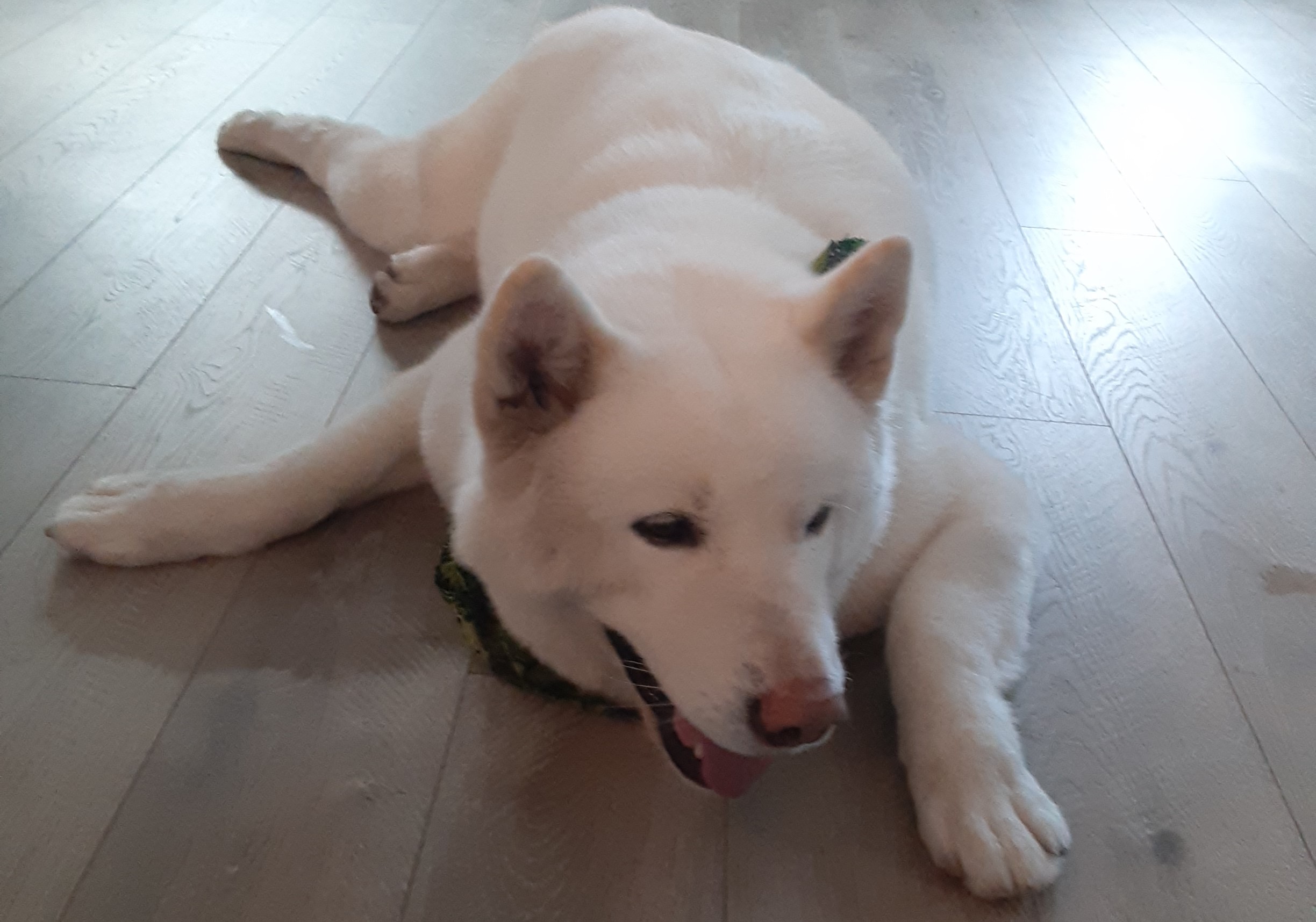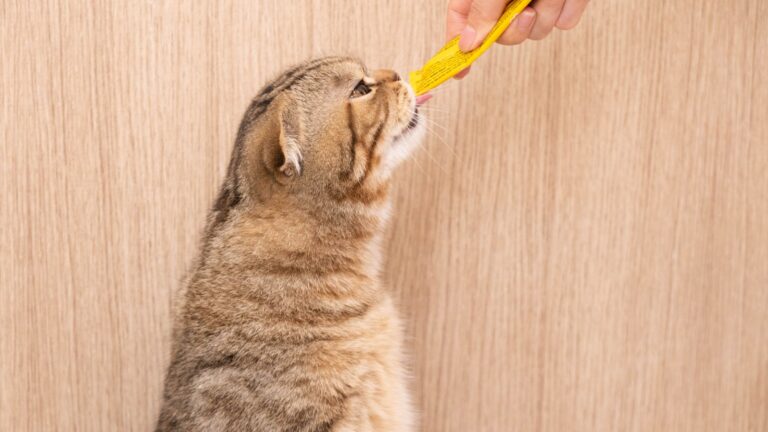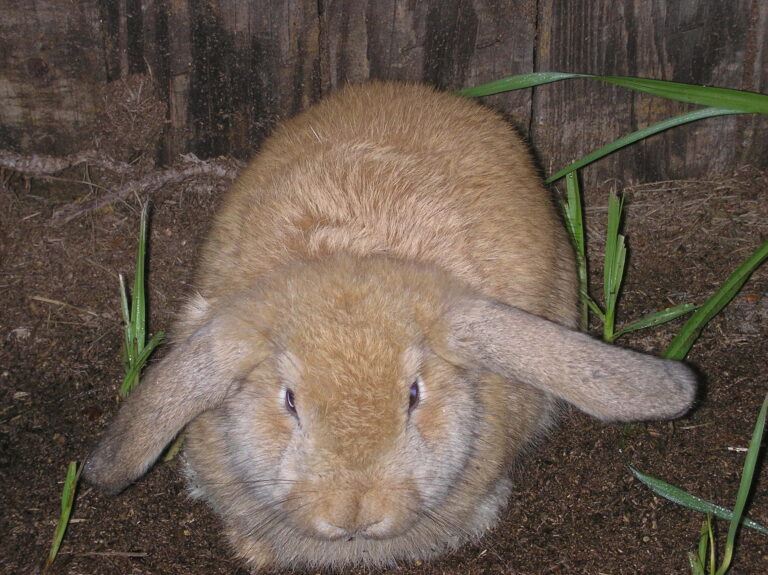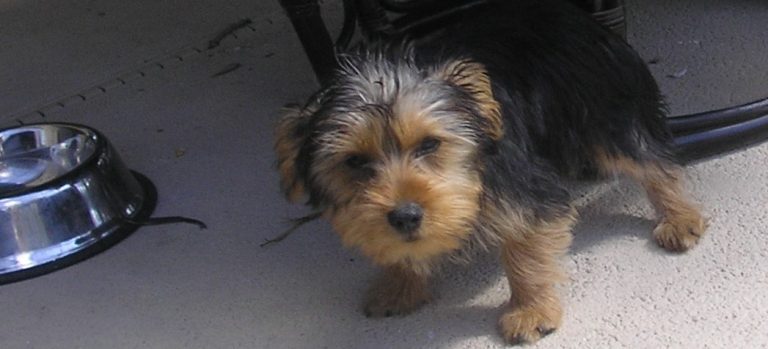Guide to the Akita Breed
The Akita is an esteemed breed, originating from Japan, known for its dignified presence and formidable physique. This powerful canine exudes a regal aura, accentuated by its impressive stature and unyielding loyalty. These dogs are distinguished by their noble disposition and sharp intelligence, characteristics that have earned them a special place in the hearts of dog enthusiasts worldwide. Beyond their striking appearance, it is their unwavering devotion to their families that sets them apart.
This comprehensive guide aims to offer a detailed exploration of the Akita breed, delving into their rich history, distinctive temperament, exercise requirements, and specific care needs. Tracing its roots back to Japan, the Akita’s ancestry is steeped in the pursuit of hunting large game, including formidable creatures like bears and boars. This ancient lineage has imparted the breed with a resolute and independent nature, traits that have endured through meticulous breeding practices over generations.
In contemporary times, the Akita has transitioned into a revered companion, celebrated for its unwavering loyalty and innate protective instincts towards its family. This evolution is a testament to the breed’s remarkable adaptability and its ability to seamlessly integrate into modern households as a cherished and devoted member of the family unit.
Akita Temperament and Personality
Akitas are distinguished by a temperament that encompasses a blend of admirable qualities, including loyalty, intelligence, and a sense of independence. Their reputation for unwavering devotion to their families is well-deserved, as they are known to forge profound connections with their owners. This deep bond often translates into a heightened sense of protectiveness, rendering them exceptional guard dogs.
However, it’s important to acknowledge that Akitas can also be characterized by a strong-willed disposition and an independent streak. While these traits contribute to their unique charm, they can pose challenges in the realm of training. These dogs require an owner who is both firm and patient in their approach. Consistency, positive reinforcement, and clear communication are key when working with this breed. It’s worth noting that with the right guidance and approach, Akitas can become remarkably well-behaved and obedient companions, showcasing their innate intelligence and eagerness to please their owners.
Akita: Stature, Coat, and Health
The Akita is an imposing and robust breed, known for its dignified presence and impressive physique. Males typically stand between 26 to 28 inches at the shoulder, while females range from 24 to 26 inches. Their weight aligns with their size, with males weighing around 100 to 130 pounds, and females slightly lighter at 70 to 100 pounds. They showcase an extraordinary array of coat colors, including white, brindle, pinto, and various striking combinations. Their coats are dense and double-layered, designed to shield them from inclement weather. The outer coat is straight, coarse, and slightly longer, while the undercoat is soft, dense, and insulating. This dual-layered coat not only provides practical protection but also enhances their regal appearance. The breed’s distinct coat patterns, combined with their robust physique, grant Akitas a unique and captivating aesthetic that distinguishes them in the realm of canine companions.
Akitas are generally robust and healthy dogs, boasting a lifespan ranging from 10 to 15 years. Nevertheless, like all breeds, they may be predisposed to specific health concerns. Prospective owners should be mindful of potential issues, including hip dysplasia, progressive retinal atrophy, and autoimmune disorders. Regular veterinary check-ups and a balanced diet play pivotal roles in ensuring the health and longevity of an Akita, underlining the importance of responsible ownership and attentive care for this remarkable breed.
The White Akita: A Rare and Resplendent Variation

Within the Akita breed, the White Akita stands out as a particularly striking and rare variation. Their coat, characterized by a pristine, brilliant white hue, exudes an air of elegance and purity. While all Akitas are known for their dignified presence, the White Akita’s distinct coloring further accentuates their regal appearance. This variation is considered somewhat rare compared to other coat colors within the breed. The resplendent white coat is a result of a recessive gene, which contributes to the uniqueness of these magnificent dogs. Breeders and enthusiasts alike often hold the White Akita in high regard, appreciating their exceptional beauty and grace. This rarity, combined with their unparalleled charm and devotion, makes the White Akita a sought-after and treasured companion for those fortunate enough to welcome one into their home.
Nutritional Needs
Offering a balanced and nourishing diet is of paramount importance for the holistic health of an Akita. This breed thrives on a diet that is rich in high-quality proteins, essential healthy fats, and a measured intake of carbohydrates. These components work in tandem to support their dynamic lifestyle and uphold the ideal muscle mass required for their robust physique. Proteins serve as the building blocks for muscle development and repair, ensuring that Akitas can lead an active and energetic life. Healthy fats, on the other hand, provide a dense source of energy, contributing to their endurance and vitality. Moderation in carbohydrate intake aids in maintaining a stable and sustained release of energy throughout the day.
Consulting with a qualified veterinarian is instrumental in crafting a dietary plan that is precisely tailored to meet the unique needs and activity level of each individual dog. Factors such as age, weight, activity level, and any specific health considerations should all be taken into account. A veterinarian can provide expert guidance in selecting appropriate commercial dog food or designing a well-balanced homemade diet, ensuring that an Akita receives the optimal nutrition necessary for their overall well-being and longevity. With a carefully curated diet, an Akita can thrive, displaying their full potential in terms of health, vitality, and longevity.
Care Requirements
Akitas, with their dignified and independent nature, flourish when provided with structured care and positive reinforcement training. Early socialization plays a pivotal role in shaping them into well-adjusted adults, helping them develop the confidence and social skills needed to navigate various environments and interactions. Regular exercise is a cornerstone of their well-being, as it not only keeps them physically fit but also stimulates their sharp minds. Engaging activities and mental stimulation are crucial to prevent boredom and promote mental agility.
Maintaining a consistent routine is another crucial aspect of caring for an Akita, as these dogs thrive on predictability and structure. A well-defined routine helps them feel secure and content in their environment. Additionally, grooming is a critical aspect of Akita care. Their dense double coat requires regular brushing to manage shedding, prevent mats, and maintain overall coat health. This practice not only enhances their appearance but also contributes to their comfort and well-being.
By providing structured care, positive reinforcement training, early socialization, regular exercise, mental stimulation, and consistent grooming, owners can ensure that their Akita not only thrives but also exhibits the best of their dignified and independent nature. This comprehensive approach to care sets the stage for a fulfilling and harmonious relationship between owner and Akita.
Pros and Cons of Owning an Akita: Considerations for Potential Owners
Owning an Akita is a rewarding experience that comes with its own set of unique characteristics, both positive and challenging. Understanding these aspects is crucial for anyone considering this majestic breed as a companion.
Pros:
Loyalty and Devotion: These dogs are renowned for their unwavering loyalty and deep attachment to their families. Their affectionate nature ensures a strong and lasting bond with their owners.
Natural Protectors: With a natural instinct to safeguard their home and loved ones, Akitas make exceptional guard dogs. Their vigilance and alertness provide an added layer of security.
Intelligence and Trainability: Akitas are intelligent and quick learners, particularly when provided with consistent and positive reinforcement-based training. This makes them highly adaptable to various commands and routines.
Distinctive Appearance: Breed possess a striking and distinctive appearance, exuding a regal presence. Their noble stature and powerful physique make them a truly captivating breed.
Longevity and Health: Akitas are generally a healthy breed, boasting a relatively long lifespan ranging from 10 to 15 years. This longevity allows for many years of companionship and shared experiences.
Cons:
Independent Nature: Akitas have an independent streak, which can sometimes manifest as stubbornness. This trait may require a patient and consistent training approach, ensuring they understand and follow commands.
Prey Drive and Socialization: Akitas have a strong prey drive, which can pose a challenge when socializing them with smaller animals, such as cats or small dogs. Early and careful introductions are crucial for harmonious coexistence.
Potential Health Concerns: Like all breeds, Akitas may be predisposed to specific health concerns, including hip dysplasia and autoimmune disorders. Regular veterinary check-ups and vigilant health monitoring are essential for early detection and management.
Grooming Demands: Dogs possess a dense double coat that requires regular grooming to manage shedding and prevent mats. This commitment to coat care ensures their comfort and overall well-being.
In considering the prospect of bringing an Akita into your life, it’s important to weigh these pros and cons. Understanding the breed’s unique characteristics and potential challenges allows for a well-informed decision, ensuring that the relationship between owner and Akita is founded on realistic expectations and a deep appreciation for this remarkable breed. With proper care, training, and attention to their health, they can thrive as devoted and protective members of the family. Their intelligence, loyalty, and majestic presence make them a truly special breed for the discerning owner.






